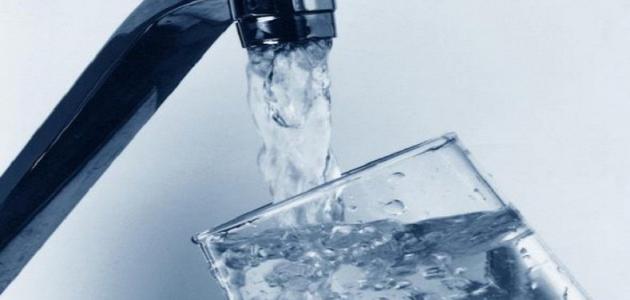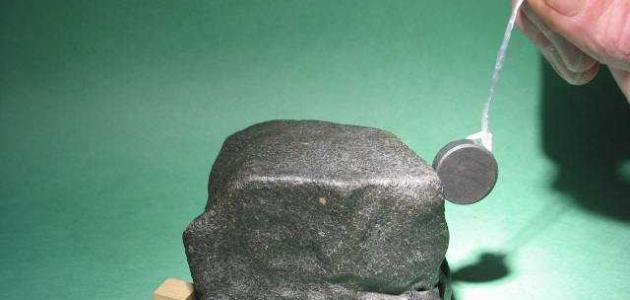The need to test drinking water
The following points address some of the issues that must be checked for drinking water when it is noticed or occurs:
- The construction of wells that do not take into account the general requirements for water safety, or the failure to rehabilitate and maintain them on an ongoing basis.
- The presence of infants under the age of six months, or pregnant women in the home.
- The proximity of cesspits to wells, so that they do not meet the legal distance of 30.48 meters.
- The presence or use of pollution sources near the storage wells, such as pesticides, fuel, and heating oils.
- Reverse suction occurs while pumping water.
Types of drinking water tests
The following points address the main types under which all drinking water tests fall:
- Mineral checks: It aims to ascertain the level of concentration of some minerals in drinking water, such as magnesium, iron, and calcium, in addition to zinc and copper. A high concentration of these minerals may harm human health, not to mention the problems it causes, such as the emission of unpleasant odors.
- Organic chemical tests: They are emergency tests that are not performed unless there is suspicion that the water has mixed some pollutants, such as pesticides, petroleum materials, and industrial waste.
- Bacteriological examinations: Bacteriological tests aim to ensure that the water is free of some disease-causing bacterial species, such as Escherichia coli and fecal coliform bacteria, bearing in mind that these tests are expensive and are only conducted when absolutely necessary.
- Other examinations: Drinking water can be examined for the presence of some highly dangerous special pollutants, such as radioactive substances, such as: radon, radium, or heavy metals such as lead, arsenic, and cadmium.
Collect examination samples
Homeowners usually collect water samples to be tested, taking into account the instructions of specialists in this field. In the event that tests are conducted for legal purposes, the laboratory collects samples to ensure credibility and non-tampering. The same applies to specialized and accurate tests, such as radon and hydrogen sulfide tests. As for the source of the sample, it is often from the kitchen faucet, and here it must be noted that the use of water treatment devices may affect the accuracy of the results, and this problem can be avoided by taking samples directly from wells and storage places.
Read also:The importance of water








